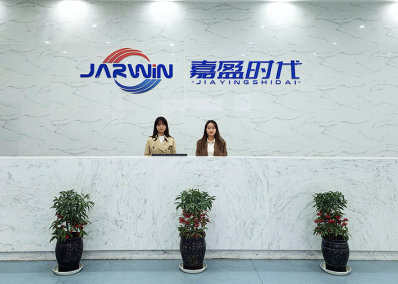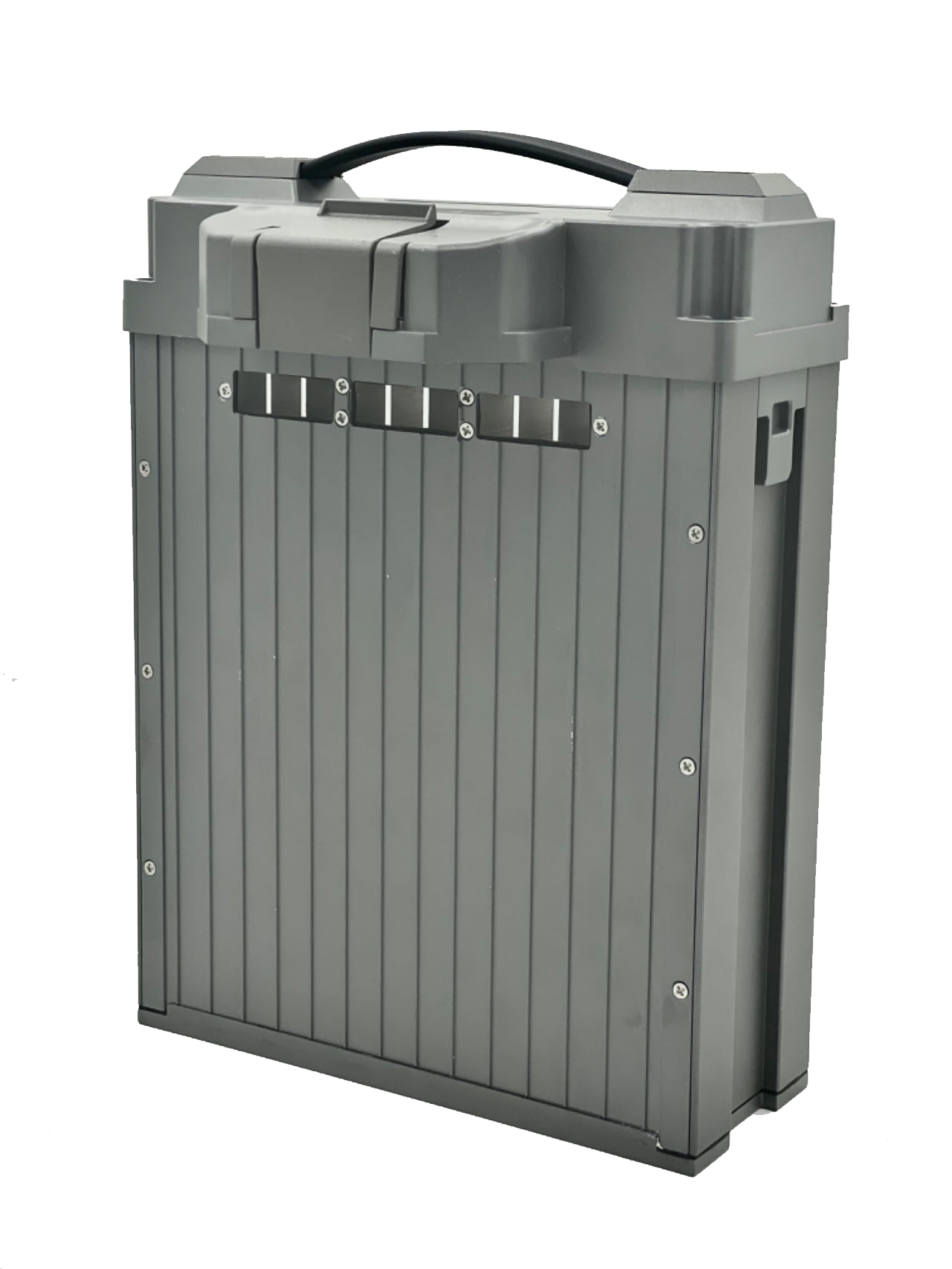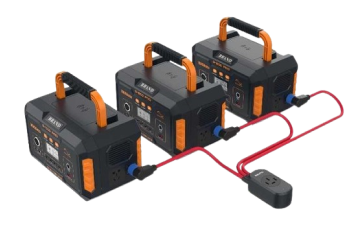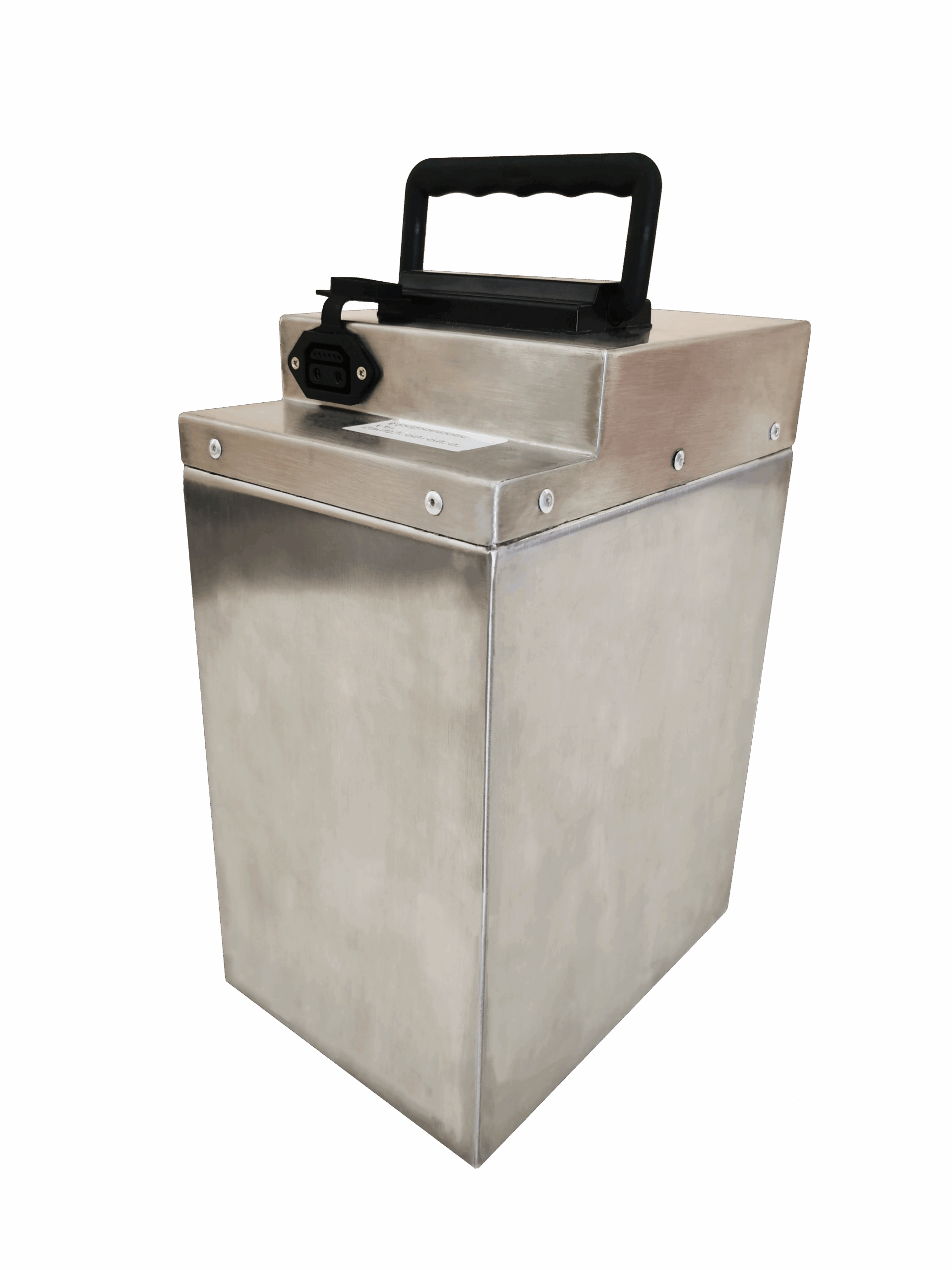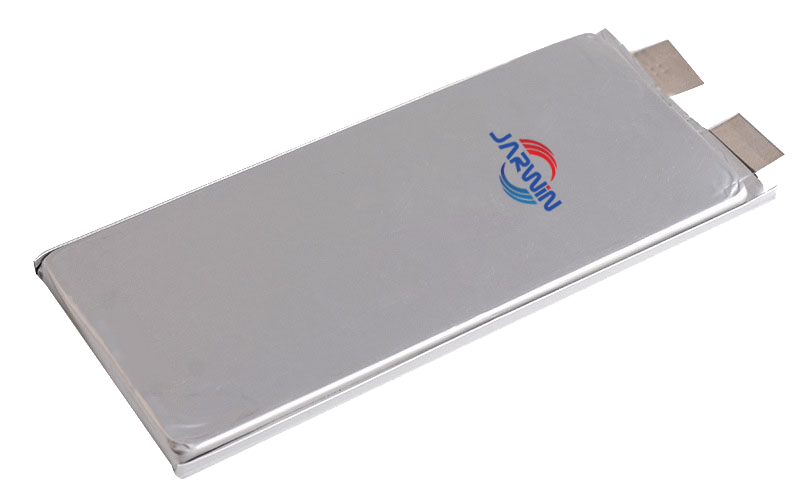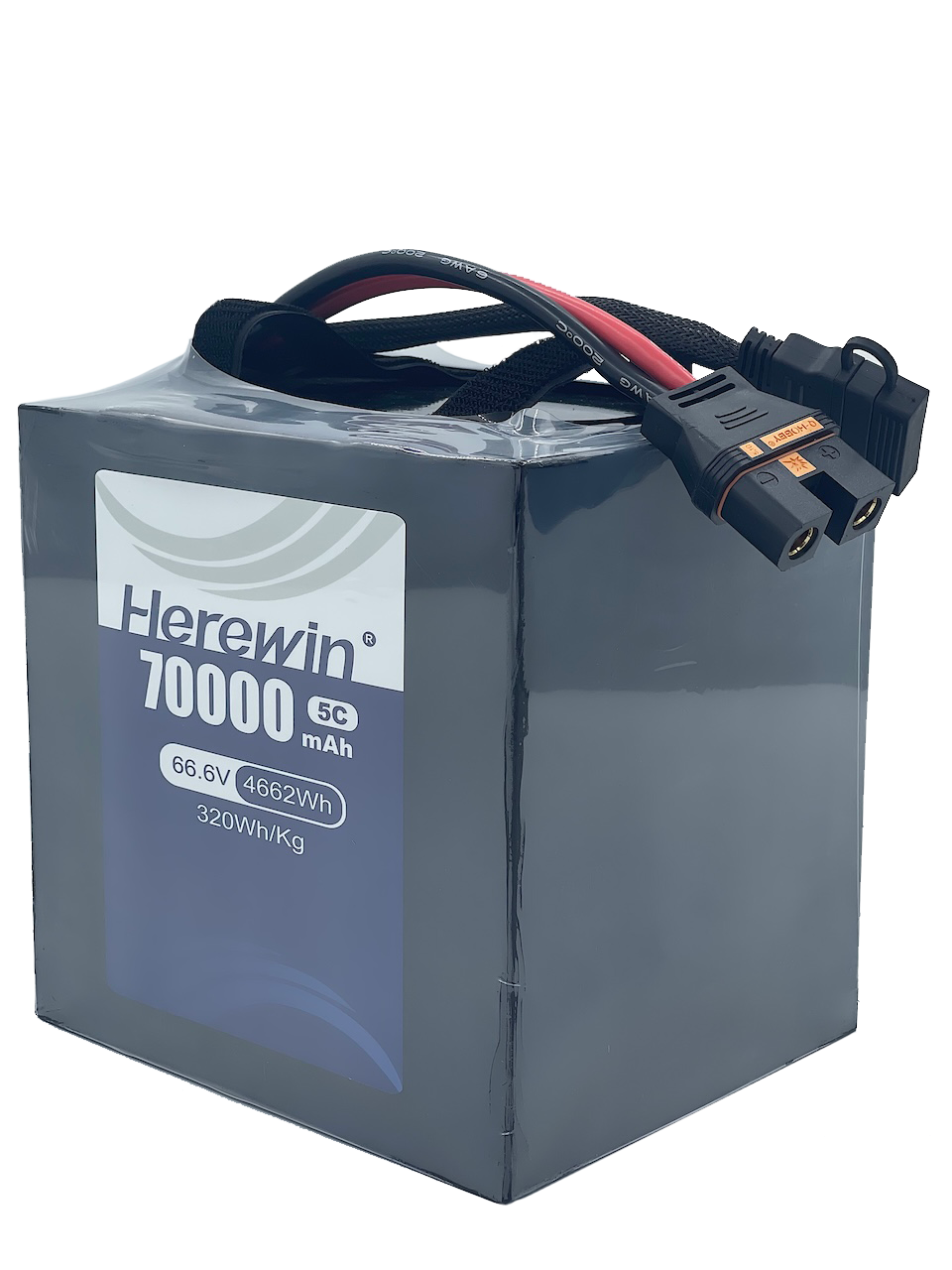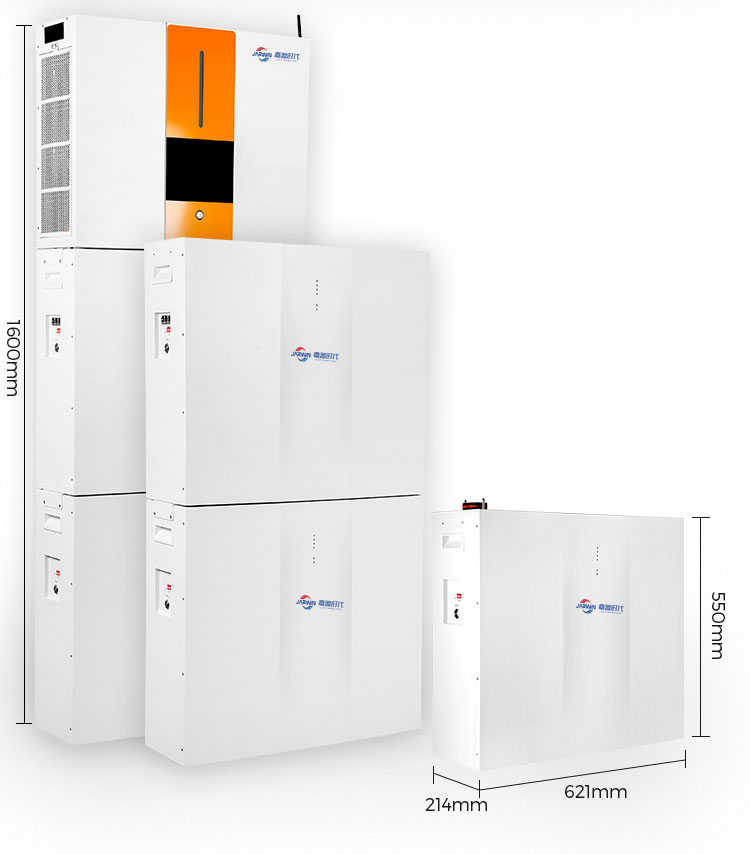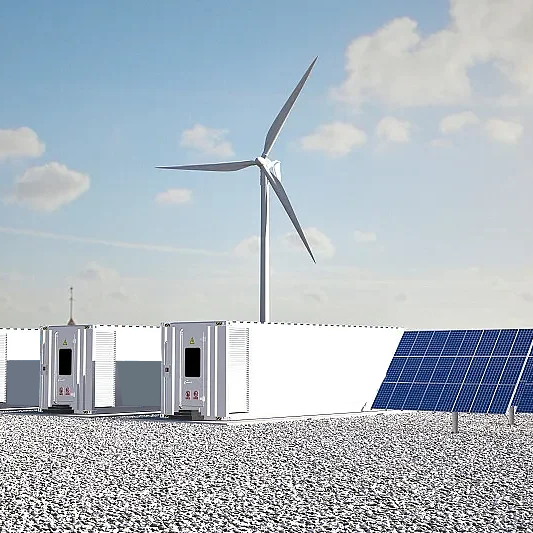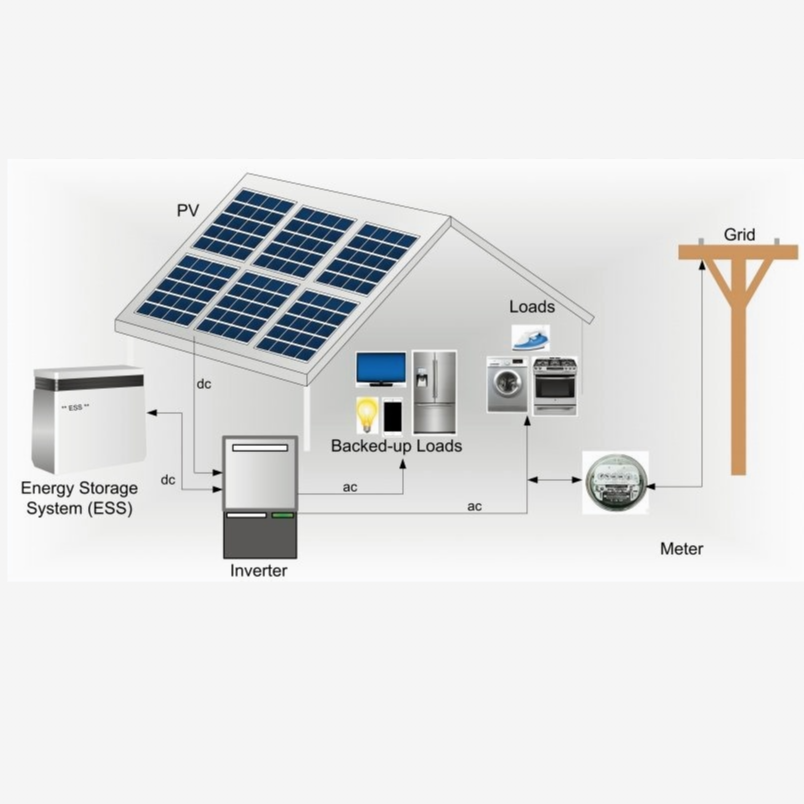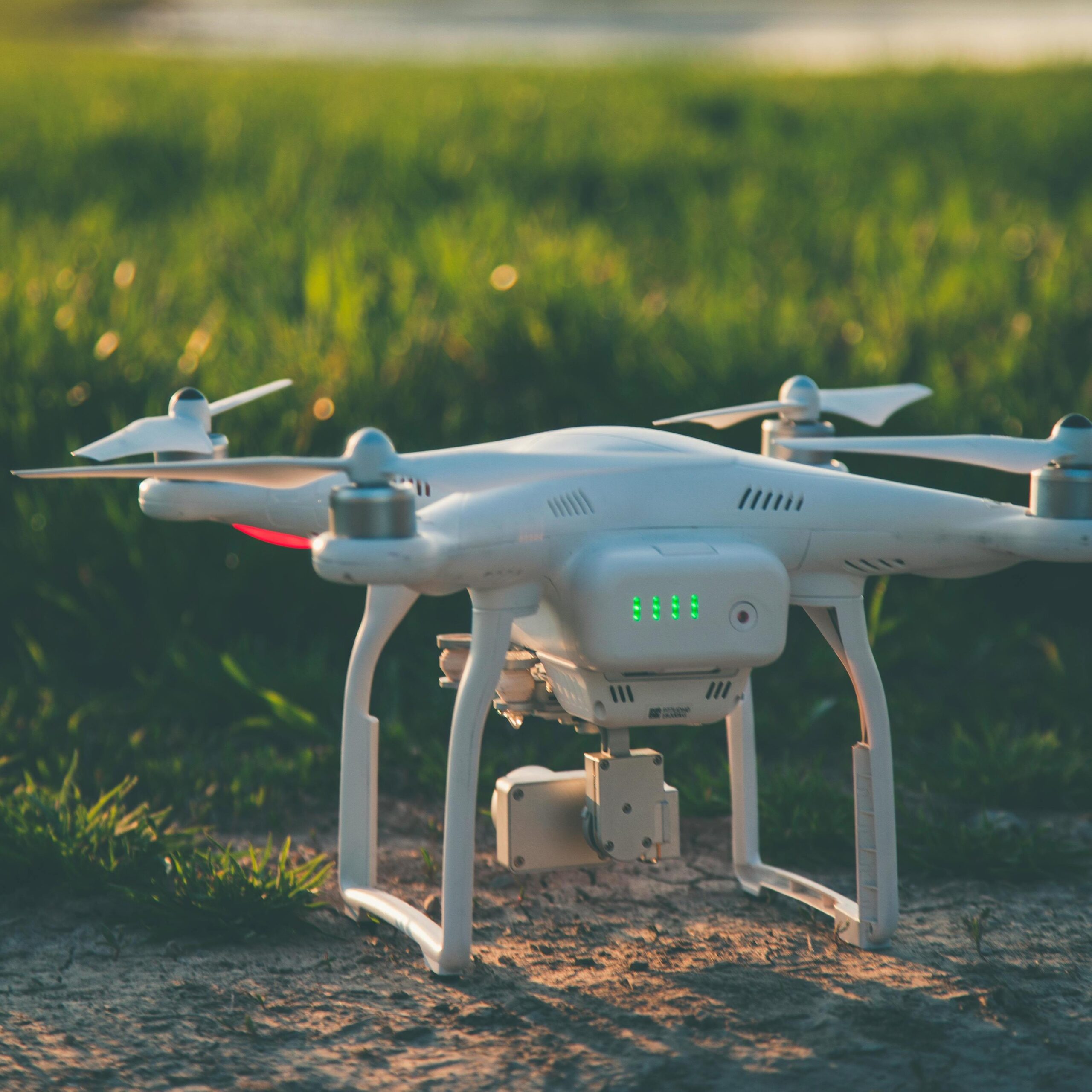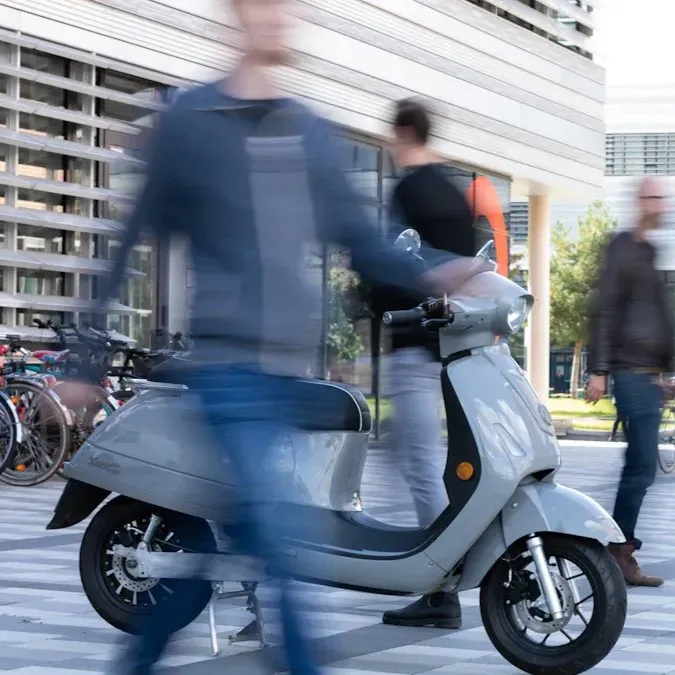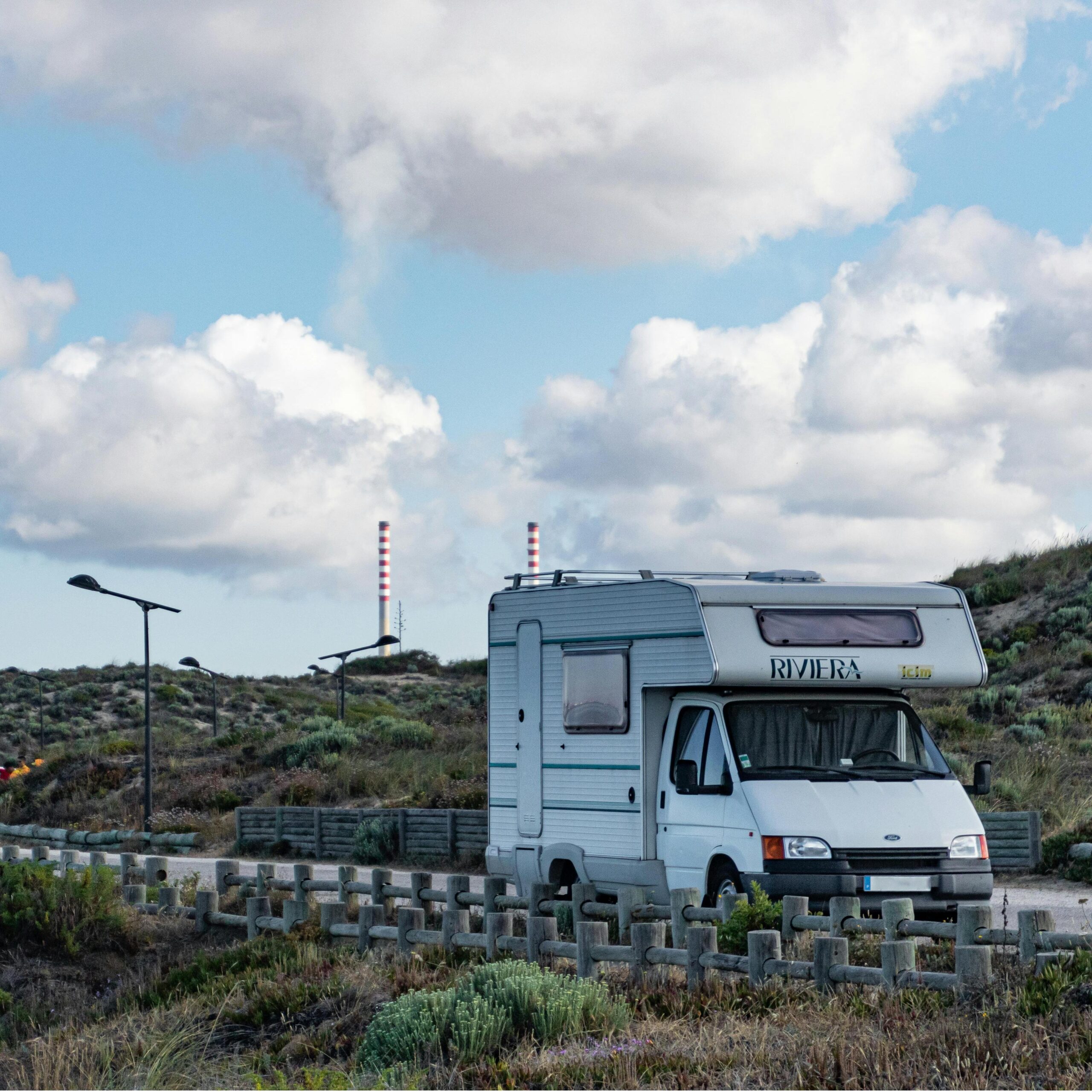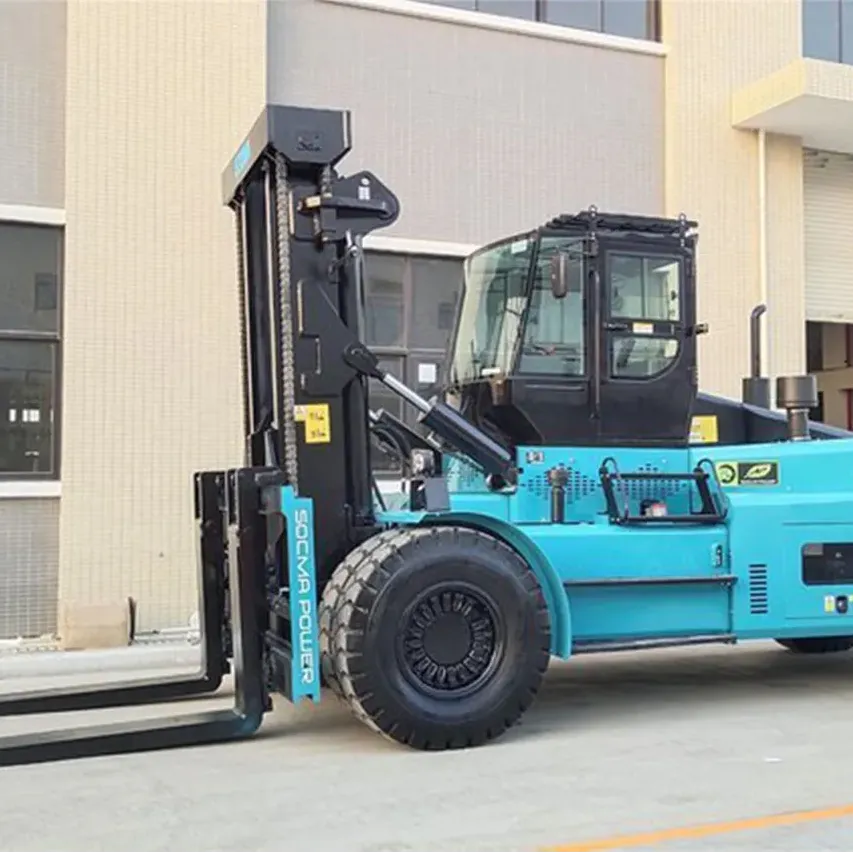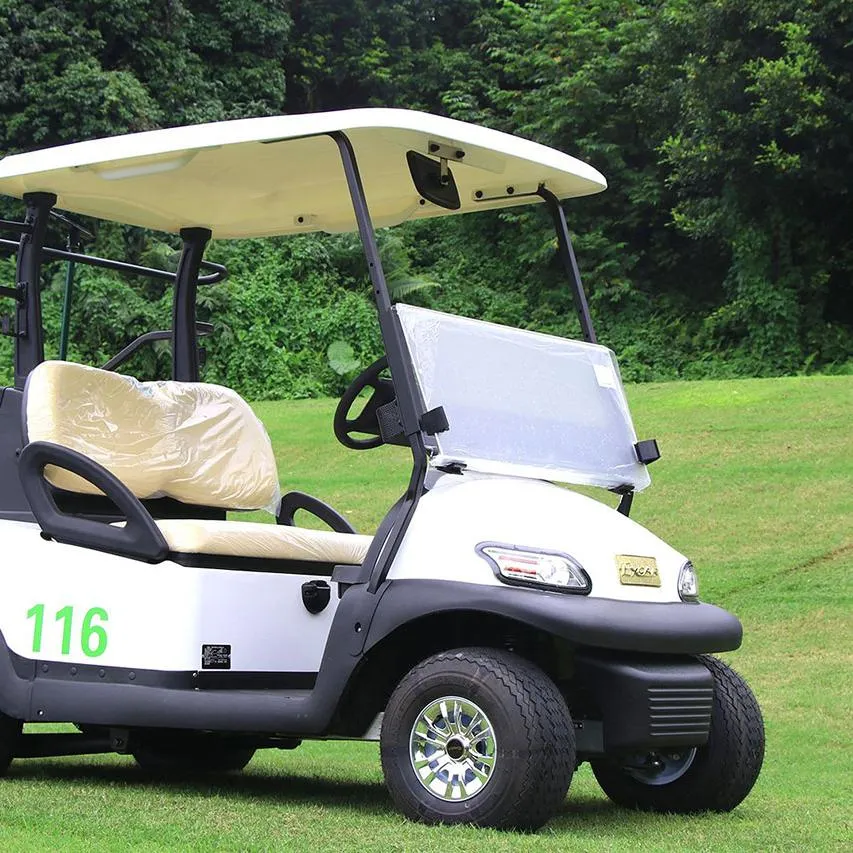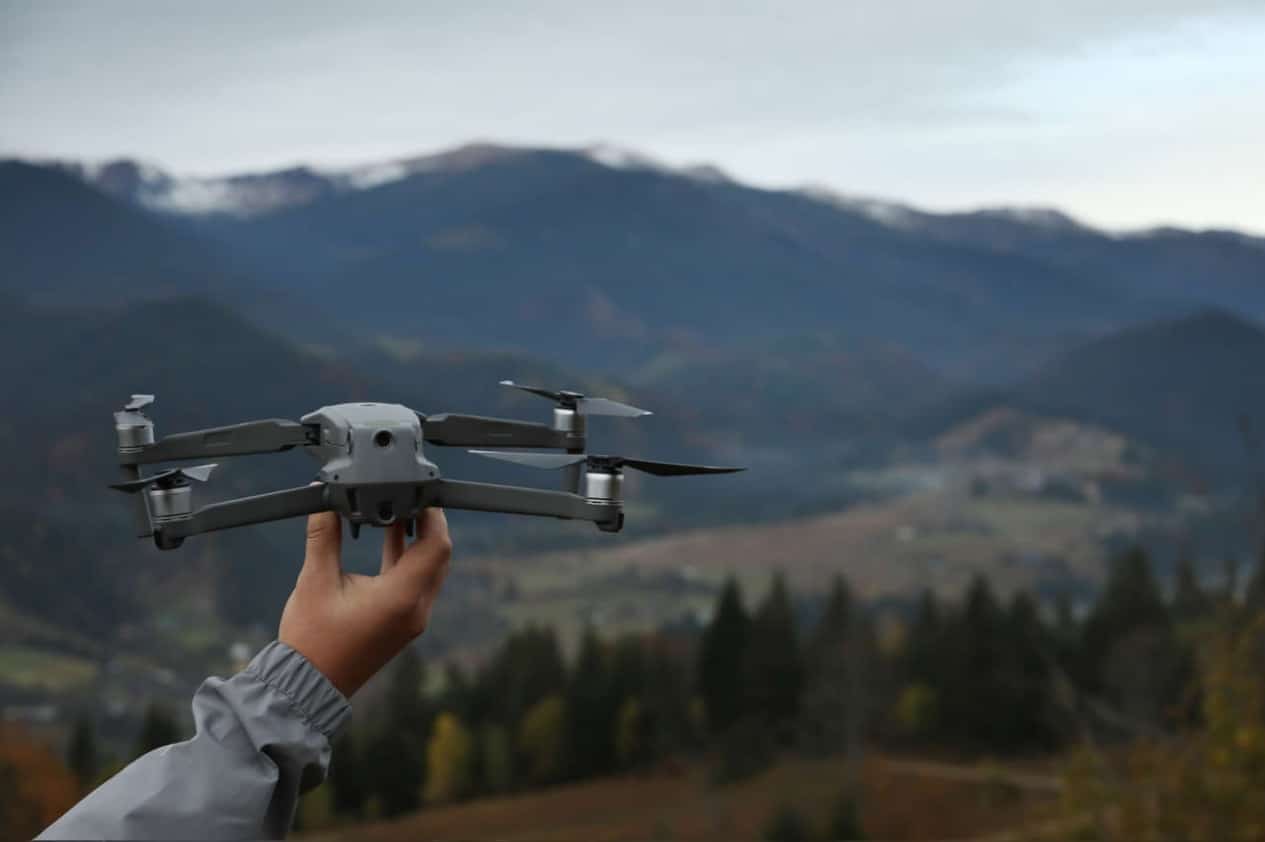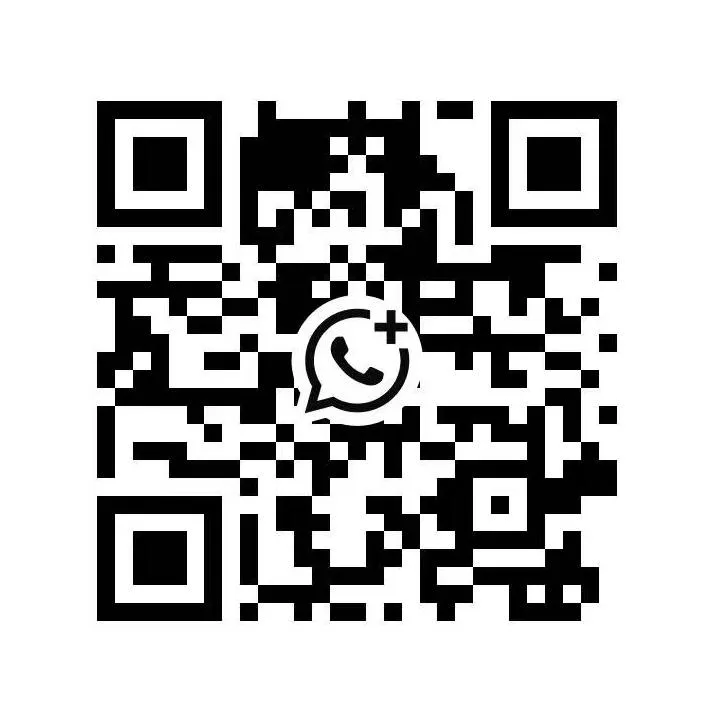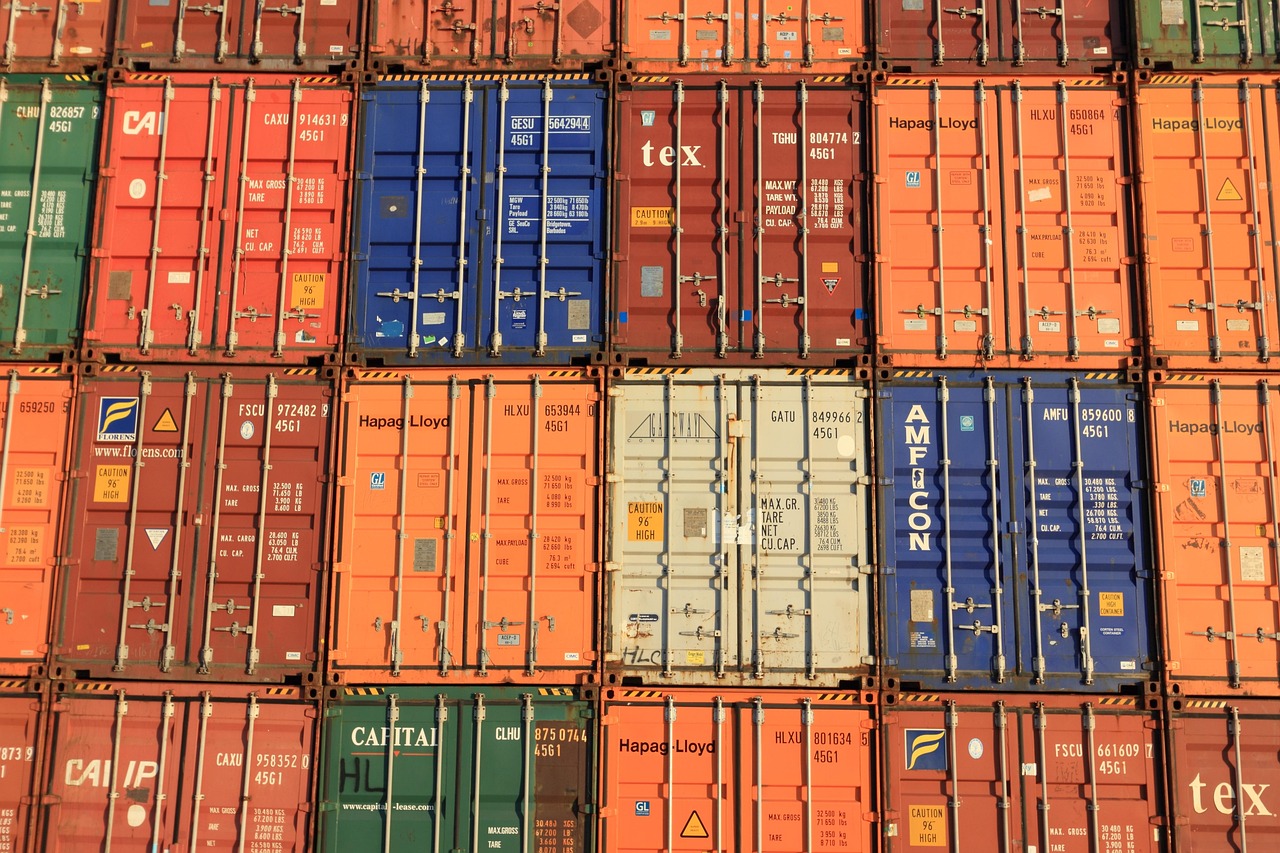
With the global commercial drone market projected to reach $54.64 billion by 2030 (representing a CAGR of 10.6%), the demand for high-performance and reliable batteries in industrial applications is accelerating. However, for industrial drones engaged in critical missions, safety and regulatory compliance are not merely costs; they are the non-negotiable foundations that safeguard global supply chains and customer trust.
This article provides system integrators and procurement teams with a systematic analysis of the strategic value of UL (Underwriters Laboratories) and UN 38.3 (UN Recommendations on the Transport of Dangerous Goods) standards across the battery’s full lifecycle. Mastering and exceeding these standards is key to rapid market entry and effective operational risk mitigation.
주요 내용
-
UL Certification guarantees root-cause safety (thermal stability) during rigorous application. UN 38.3 ensures mandatory logistics compliance across the global supply chain.
-
Compliance is the prerequisite for lowering OPEX, avoiding customs detentions, severe fines, and supply chain interruptions, thus accelerating entry into high-value international markets.
-
Utilize an industry-standard internal verification framework to deliver industrial power solutions with superior reliability and greater safety redundancy.
UN 38.3: Global Logistics & Supply Chain Security
The safe and compliant transport of lithium-ion batteries is a non-negotiable step in the supply chain, making UN 38.3 the mandatory regulation for shipping via air, sea, rail, and road. For Herewinpower, achieving UN 38.3 is the prerequisite for ensuring the global, uninterrupted delivery of our industrial drone batteries.
Why UN 38.3 is the PACK-Level Safety Guarantee
The regulation requires eight rigorous and mandatory tests (T.1-T.8). All eight tests are compulsory to guarantee a robust safety commitment from the factory to the final deployment site.
While all tests are essential for regulatory compliance, T.3 (Vibration), T.4 (Shock), and T.5 (External Short Circuit) are critical for verifying PACK structural and circuit integrity:
-
T3/T4 Mechanical Tests: These simulate severe shaking and sudden impacts during transit (e.g., turbulence, loading/unloading). Successful completion verifies the PACK’s internal structure and connections maintain absolute integrity, preventing motion-induced short circuits.
-
T5 External Short Circuit: This test verifies that the battery’s BMS and protection circuitry can reliably detect and safely interrupt the current flow at the millisecond level during an external fault, preventing catastrophic thermal events.
-
T.1 (Altitude Simulation) and T.2 (Thermal Test): These are equally critical, verifying the battery’s ability to maintain electrical and mechanical stability under the low-pressure conditions of air freight and across extreme temperature cycling, which are fundamental requirements for global logistics compliance.
The Quantifiable Cost of Non-Compliance
Failure to comply with UN 38.3 is a direct business risk, leading to quantifiable financial and operational damages:
-
Financial Penalties & Delays: Non-compliant shipments are routinely detained by customs or rejected by major carriers (e.g., FedEx, UPS, freight forwarders). This often results in penalties that can reach tens of thousands of dollars per incident and cause weeks of delivery delays.
-
Supply Chain Instability: Non-compliance instantly halts the global circulation of products, severely disrupting the customer’s project schedule and damaging the corporate reputation for reliability.
UL Certification: Core Foundation of Cell Safety
UL is the global benchmark in safety science, signifying that a product meets the most stringent safety specifications throughout its operational life. For high-stakes industrial drones, UL certification serves as the foundational commitment to long-term reliability and risk mitigation.
Understanding UL Component Certification
UL certification operates on a tiered system, and Herewinpower strategically focuses on the Component Level (Recognized Component) for our cells and modules. This is a critical decision that offers superior value, flexibility, and efficiency to industrial system integrators:
1. Pre-Verified Safety Foundation
We verify the safety performance of the most critical building blocks—the cells and modules—at the fundamental level. This directly addresses thermal stability and electrical integrity under abuse conditions (overcharge, nail penetration, short circuit) before the final assembly even begins.
2. Design Flexibility & Accelerated Final Certification
Component Level certification’s primary value is significantly shortening your time-to-market. It ensures core component safety, allowing manufacturers using our UL-Recognized components to achieve two key benefits:
-
Customized Design: They can design custom-fit PACKs, cooling systems, and BMS software, within the established safety parameters of the recognized component, to meet the unique specifications of their drone airframes.
-
Faster Compliance: They can significantly streamline and accelerate the final system-level certification process.
While final system certification remains the integrator’s responsibility, utilizing UL Recognized Components drastically reduces testing complexity and time required for the final safety sign-off.
Advanced Thermal Stability and Material Science
UL testing rigorously verifies the cell’s stability under abuse conditions. Furthermore, we enhance thermal safety through advanced materials application.
For instance, our designs integrate the use of high-performance insulating materials, such as those meeting the UL-94 V-0 flame retardant standard (e.g., SunForce™ foam). These materials are selected to significantly enhance thermal isolation and support the overall PACK system’s fire mitigation design, by effectively reducing the impact of external thermal effects and safeguarding overall integrity.
The UL-94 V-0 rating applies to the material’s flammability, providing a key layer of defense, but it is one part of a multi-layered safety system.
Component Safety Underpins System Reliability
Every cell verified for safety by UL lays a reliable foundation for the entire system. This root-cause safety is paramount for industrial drones engaged in critical missions (e.g., infrastructure inspection, public safety). UL certification ensures the battery system can deliver stable power, minimize failure risks during key tasks, and establishes trust through a globally recognized safety authority.
HereWin Framework: Full-Lifecycle Quality & Control
We recognize that a certification certificate is merely the final outcome. True, consistent reliability stems from a rigorous R&D system and robust quality control processes. HereWinpower’s compliance assurance is built upon our full supply chain control and our above-industry-standard internal verification procedures.
Full Supply Chain Control: The R&D Guarantee
Our commitment to quality begins at the fundamental design phase. By operating our In-house Cell & PACK Factory, we achieve comprehensive and consistent control over the product lifecycle:
-
Integrated R&D: We ensure all offerings meet the highest compliance requirements from the outset, controlling cell formulation, PACK structure design, and BMS software.
-
Deep System Integration: By independently developing and manufacturing the entire battery system, we achieve deep integration of hardware and software. This unified system ensures high consistency across all product lines, including Semi-solid State and High-Capacity Batteries.
This full supply chain control translates directly into significant OPEX (Operational Expenditure) optimization for our customers through maximized cycle life and predictable performance.
Rigorous Verification: Advanced Testing Equipment
Herewinpower’s internal laboratory and testing systems are equipped for and perform stringent pre-testing beyond mandated certification requirements, guaranteeing a superior level of fault suppression capability in real-world applications. Our verification focuses on capabilities that surpass general industry practices:
We prioritize Enhanced Structural Integrity by subjecting packs to extreme mechanical stress tests; we focus on Precision Electrical Protection by utilizing advanced short-circuit testing equipment capable of millisecond-level current cutoff; and we guarantee Environmental Resilience through specialized chambers simulating extreme altitude and temperature conditions.
This rigorous internal verification ensures zero-defect delivery under the highest standards, minimizing downtime risk and securing the operational continuity of critical industrial missions.
|
Test Type |
Equipment/Capability |
Compliance Standards |
|---|---|---|
|
External Short Circuit |
Capable of handling high current up to 24kA with stable performance |
Verifies BMS’s millisecond-level cutoff capability under high-rate fault conditions. |
|
Crushing Test |
Capable of simulating extreme mechanical stress |
Verifies the PACK structure’s integrity and resistance to deformation. |
|
Impact/Low-Pressure Tests |
Impact Test System, Low Air Pressure System |
Verifies product adaptation to the mechanical and environmental stresses of UN 38.3 transport tests. |
UL and UN 38.3 Work Together for Global Trust
UL and UN 38.3 standards are not isolated regulatory demands; they form a complementary system that builds full life-cycle safety for industrial drone batteries. For system integrators seeking maximum reliability, possessing dual certification provides an unshakeable global trust endorsement.
Complementary Safety: Transport Meets Application
These two standards operate as a unified system covering the entire product lifecycle, ensuring safety at every transition point:
-
UN 38.3 (Transport Safety): Verifies the PACK’s ability to withstand mechanical stresses, temperature extremes, and short-circuit risks during transit, ensuring the product reaches the customer safely and legally.
-
UL Certification (Application Safety): Verifies that the cells and components maintain thermal stability and electrical integrity under high-load, high-stress operational conditions (e.g., high-rate discharge during flight, environmental extremes).
This dual assurance strategy provides continuous coverage from compliant logistics (UN 38.3) to stable, high-altitude industrial operation (UL), delivering a comprehensive, end-to-end safety commitment across the product’s full lifecycle.
Meeting World Market Needs
Adhering to both UL and UN 38.3 standards is critical for achieving global market access and gaining a competitive edge. This dual compliance strategy offers clear, measurable strategic value:
-
Securing Circulation (UN 38.3): Guarantees products avoid customs delays and costly carrier rejections, ensuring rapid and compliant deployment to any target country. This is a prerequisite for a stable supply chain.
-
Establishing Application Trust (UL): Demonstrates that the product’s design and materials meet the rigorous safety expectations of high-standard markets like North America, Europe, and Japan. This significantly accelerates the vendor selection process for high-end integrators in critical sectors (e.g., aviation, infrastructure).
Meeting the world’s strictest requirements is a strategic advantage that allows our customers to significantly expand their operational scope and penetrate high-value global markets.
Herewinpower provides the certified, reliable power solution essential to capturing this growing demand.
UL and UN 38.3 compliance transcends merely regulatory hurdles; they are foundational elements for the success, sustainability, and global scaling of industrial drone operations. These dual standards collectively ensure root-cause safety during use and uninterrupted security during transport, thereby building unshakeable global trust and facilitating access to high-value international markets.
Herewinpower provides comprehensive risk mitigation solutions, grounded in quality frameworks that exceed industry standards. This strategic commitment aims to protect your interests, effectively avoiding litigation and fines while safeguarding supply chain stability. Leverage our certified foundation to accelerate your market entry and ensure operational continuity. To request your customized “Mission-Specific Safety Assessment Report,” please contact our technical team immediately.
자주 묻는 질문
What is the main difference between UL and UN 38.3 standards?
UL checks battery safety. This is for when you use them. It tests how they work. It checks power, parts, and heat. UN 38.3 makes shipping safe. It tests how batteries handle travel. This includes shaking and heat. Both rules are key for drone batteries.
Why does UN 38.3 compliance matter for global shipping?
UN 38.3 lets batteries ship safely. It allows shipping worldwide. Without it, shipments get stopped. They get fines. Or they get sent back. This rule keeps batteries safe. It keeps them stable during travel. This is for air, sea, road, and rail. It is key for selling everywhere.
How does UL certification enhance battery safety?
UL checks if battery parts are safe. It looks at cells and packs. It stops problems like too much heat. It stops short circuits. UL tests make sure parts work well. They work well under stress. This testing stops fires. It stops other dangers. It keeps users and gear safe.
What benefits do manufacturers gain from UL and UN 38.3 compliance?
Makers get many good things. It lowers legal risks. It stops expensive product recalls. It makes customers trust them. It makes products stand out. These rules help sell worldwide. They make shipping easy. They give more chances to sell.
Does Herewinpower’s drone battery meet these standards?
Yes, Herewinpower’s drone batteries meet these tough rules. The company tests its products hard. This is to follow UL and UN 38.3 rules. This care means high safety. It means they are reliable. It lets them sell their batteries worldwide.

